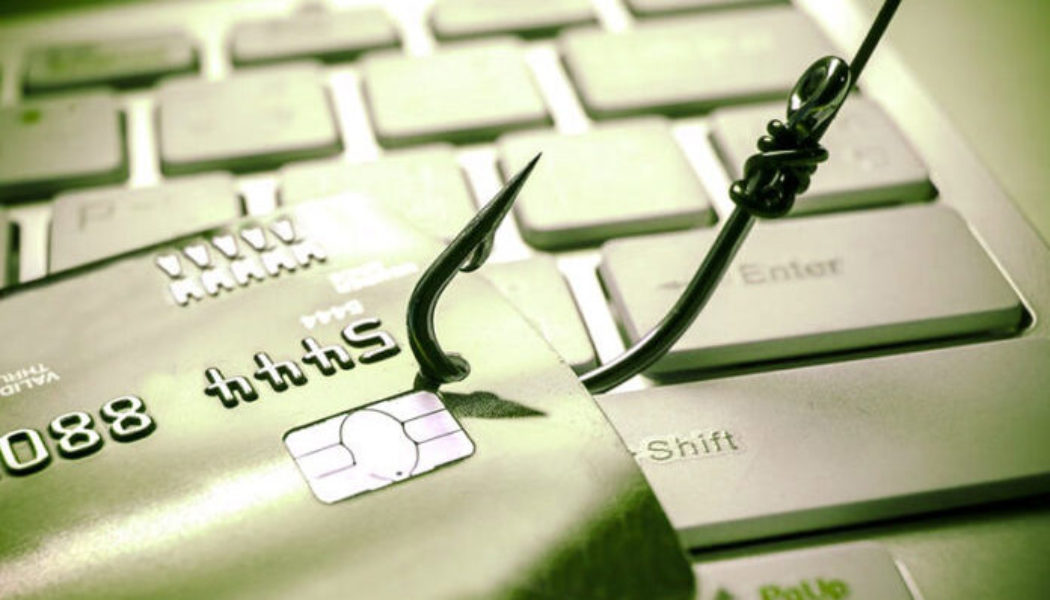According to a new Digital Payment survey from Russia-based cybersecurity group Kaspersky, a staggering 61% of respondents from Nigeria said they faced phishing scams when using online banking or mobile wallet services.
67% have personally encountered fake websites, and a massive 82% experienced scams (via texts or calls) using social engineering.
When asked about awareness of threats against digital payment methods, the majority of respondents from Nigeria report that they are aware of both the financial phishing attacks (95%) and online scams (97%).
78% also stated that they are informed about banking malware on PCs and on mobile. This type of malicious software steals money from users’ bank accounts.
However, 98% think that banks and payment companies should educate users more about the threats online.
How the Survey was Conducted
Kaspersky’s Digital Payment survey studied the company’s interactions with online payments.
The study was conducted by research agency Toluna across the Middle East, Turkey, South Africa, and Nigeria. Survey responses were gathered in February — March 2022 with a total of 2,004 respondents surveyed across the stated countries.
When it comes to a list of security features that consumers would like to see more on existing banking apps and mobile wallets, according to the survey results, here’s what matters most to them:
- The implementation of one-time-passwords (OTPs) via SMS for every transaction (76%)
- Biometric security features like facial or fingerprint recognition (75%)
- Requiring two-factor authentication (64%)
- Automated detection and intervention for fraudulent transactions (39%)
- Point-to-point encryption (22%)
“Whether we talk about the proliferation of phishing scams or mobile malware, it is important to establish some basic cybersecurity standard,” said Bethwel Opil, Enterprise Sales Manager at Kaspersky in Africa
Advanced security solutions, which are able to filter out most of the generic attack vectors, supplemented with other preventive measures such as good cybersecurity awareness and regular password changes, can help to keep your financial transactions secure,” Opil adds.
Edited by Luis Monzon
Follow Luis Monzon on Twitter
Follow IT News Africa on Twitter










Tagged: cybercrime, Cybercrime News, Cybersecurity Africa, Cybersecurity in Africa, Cybersecurity news, IT News, latest tech news, Online Phishing, Online scams, Online Scams Nigeria, phishing, Phishing in Africa, Phishing Nigeria, Phishing Online, Phishing Survey, Security, tech news, technology news, Top Stories, West Africa